Warning: This article contains mentions of mental health issues, bipolar disorder, and racism. This also contains spoilers for the first part of “Jeen-Yuhs.”
Open secrets are complicated for a lot of people. As for mine, it’s this: I’m a fan of Kanye West.
As anyone tuned into pop culture, the topic of Kanye West is as divisive as it comes. His name (or his new one, Ye) sits across the news in a negative light, thanks to his outbursts and questionable thoughts of the day. But deep beneath, probably forgotten by the public, is the musician who’s been dubbed a “genius.” Then, there was me, who sat in the middle.
In 2004, my brother played Kanye’s debut CD “The College Dropout” inside our car while we were waiting for our parents. At that point in time, the sixth track “Spaceship” had left a mark on me because of an obsession I had—as kids do—for anything that was vaguely related to outer space. Years later, I was able to reflect on its lyrics, realizing what it was really about: overworked laborers who fought the toils of capitalism, who longed for a “spaceship” for them to disappear.
I was stuck in the rabbit hole of Kanye’s discography like a staple in my coming-of-age score. The music video for “Heard ’Em Say” was embedded on my Friendster profile, which, in hindsight, felt like a gloomy spot in an otherwise glittered-out space with its allusions to racial profiling.
When Kanye came to Manila for his first performance, the bottled-up energy I had hoarded in a decade was released, just as when the first beats of “Stronger” blasted with the rapper himself emerging from the hanging lights.
My relationship with Mr. West is fickle, to say the least.
Kanye’s controversies are a list that piles up in a seemingly endless loop. By 2009, I’d also branded the lyrics of Taylor Swift’s “Fearless” in my mind, tucked next to those of Kanye’s “808s & Heartbreak,” both lovelorn in their own ways, but both I adored. It was the same year when the infamous MTV Video Music Awards moment had happened, when two of my most-played artists had been on stage.
“The giant looks in the mirror and sees nothing,” Donda reminds him.
In the case of his public perception, things went downhill from there. There’s that time he claimed Bill Cosby was innocent, that time he said slavery was a “choice,” and that time he outspokenly supported Donald Trump. Most recently, Billie Eilish landed on his “hit list” because she helped a fan, and his Instagram feed appears like an obsessive ex-husband leveling threats at his soon-to-be-ex-wife’s new boyfriend.
It’s during these moments that lyrics from Ye’s self-aware song come to the forefront of fans’ minds: “I miss the old Kanye.”
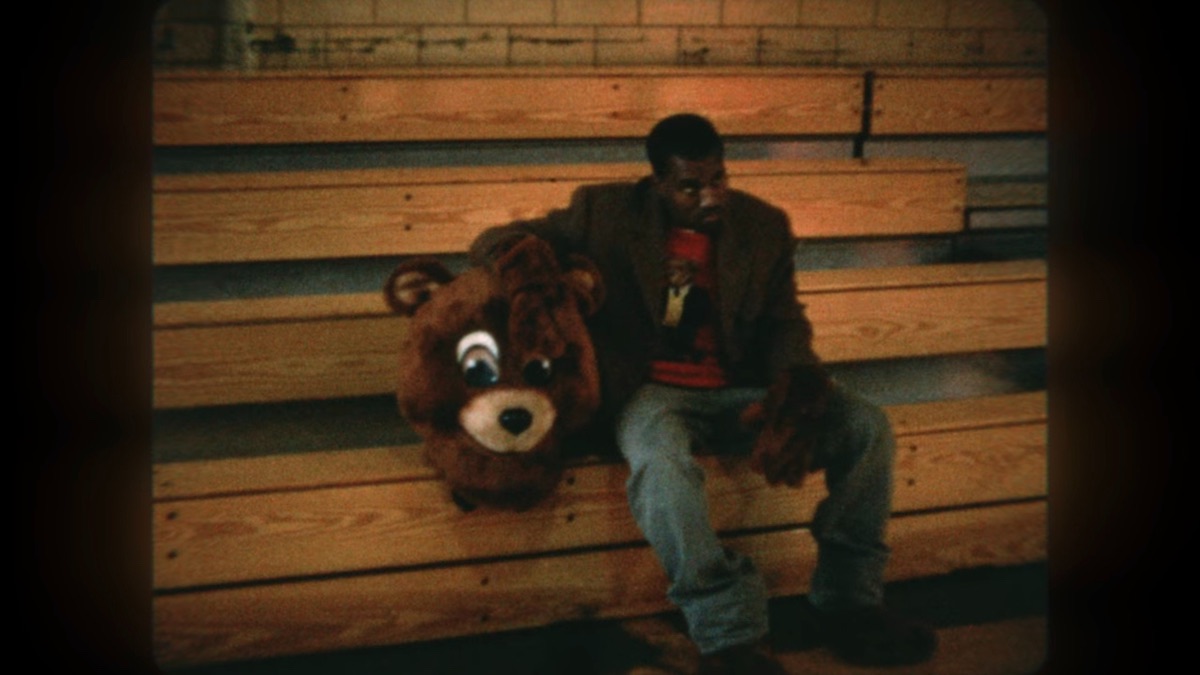
In the middle of these recent issues comes a documentary 22 years in the making, filmed by Kanye’s friend Coodie Simmons who had grabbed a camera, wanting to capture the growth of West who he believed would become big someday.
Helmed by Simmons and directing partner Chike, the three-part “Jeen-Yuhs” feels like the closest glimpse to the “old Kanye” that old-time fans have been, more often than not, nostalgic about. But besides these are those previously unseen by the public, dimmed by stardom.
In its first act aptly titled “Vision,” a pre-fame Kanye West is a name shared with emcees, particularly due to his sought-after beats. He made it to the big leagues with Jay-Z’s “Izzo (H.O.V.A.),” but for West, production wasn’t the last stop. It was rapping.
In one scene, he takes his retainers on and off to rap for execs from Jay-Z’s Roc-A-Fella Records. This was a demo of “All Falls Down,” a future breakthrough track. They all ignored him, unimpressed, as he kept going from one room to another, looking for potential listeners.
Still, the trademark Kanye confidence continued on. This is the semblance of the “new Kanye” that never really did leave. He finds himself in rapper feuds and the subject of diss tracks. His arrogance shows up almost like a permanent accessory, there to define him.
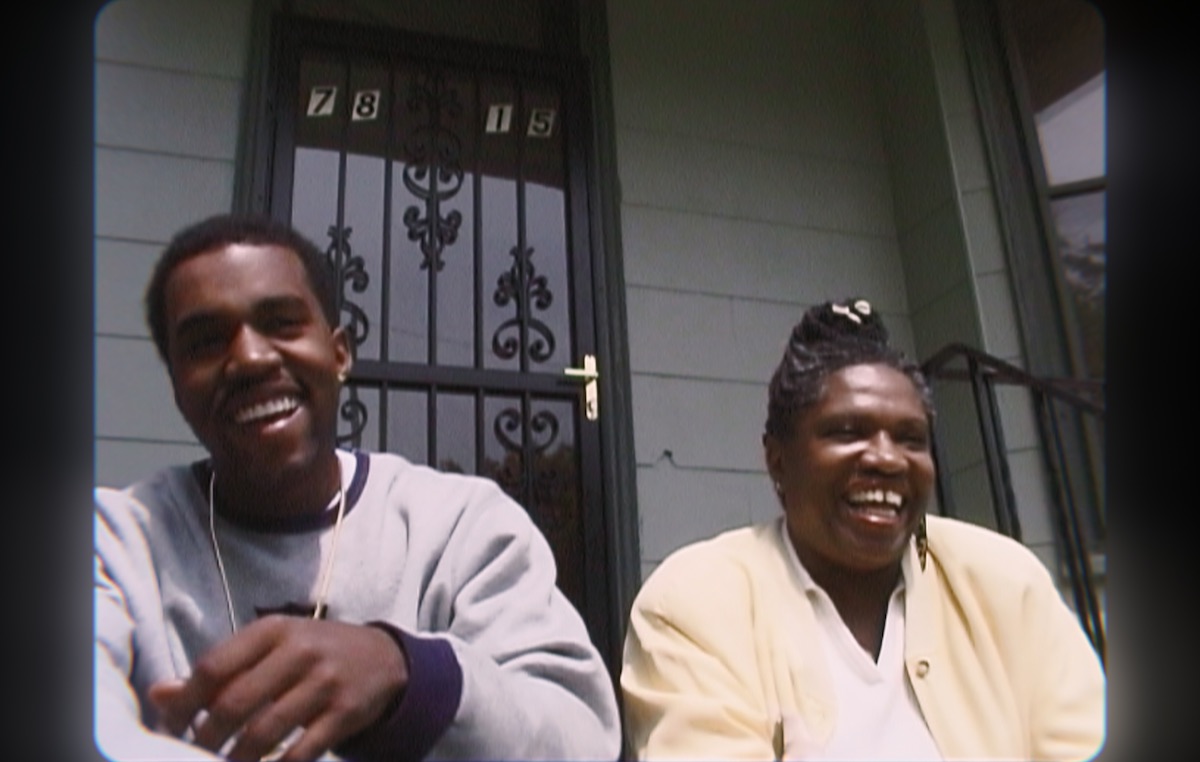
Then, sometimes, it sheds. After a series of rejections, the scene shifts to Kanye flying back to his hometown of Chicago right to his mother Donda’s apartment. In a rare moment of doubt from Kanye, his mom is quick to reassure him. Simmons’ voiceover speaks over the scene: “It was easy to see the confidence Kanye had in himself was because of the confidence Donda had in him.”
Just like “Jeen-Yuhs,” fans have always had a complicated relationship with Kanye West. But then again, so does he.
But Donda—who passed away in 2007—leaves a few things. “You have a lot of confidence that come off a little arrogant even though you’re humble,” she reminds him. “But it’d be important to remember that the giant looks in the mirror and sees nothing.” Later on, he finally gets what he wants and gets signed under the label—but Donda’s words feel like a reminder like a cloud hanging over Kanye, even until now.
“Jeen-Yuhs” isn’t exactly a puff piece or a redemption arc. Kanye demanded “final edit and approval” weeks before it hit streaming and Sundance Film Festival. Simmons had refused, and there are moments in the film that didn’t flatter West.
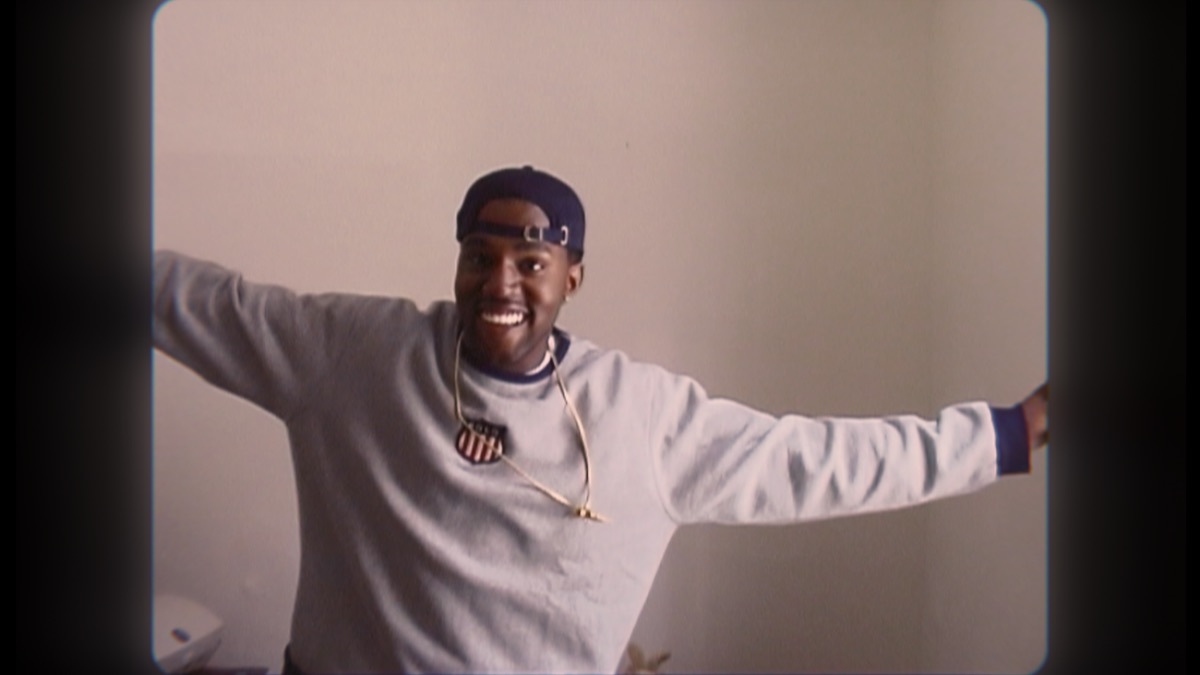
The documentary shows the complicatedness of Kanye West that fans had to wrestle with in the last decade or so. “Jeen-Yuhs” talks about West’s issues with bipolar disorder, which has been the subject of discourse. It isn’t something to be romanticized and it can be unpleasant to see, especially under the public eye. This is a factor to think about when talking about West, but it shouldn’t be considered a pass to the people he has hurt.
After watching the film, fans like me don’t have definite answers to the questions we have. Do we feel sorry? Do we get angry? Both feel valid at times, but just like “Jeen-Yuhs,” fans have always had a complicated relationship with Kanye West. But then again, so does he.
“Jeen-Yuhs: A Kanye Trilogy” is currently streaming. Watch the trailer below.
For a list of mental health resources, head to this article.
Read more:
Social media’s draining my mental health
‘My Salinger Year’ validated my larger-than-life novelist dreams
Academic pressure is deadly in coming-of-age film ‘Better Days’
Stills from “Jeen-Yuhs: A Kanye Trilogy”


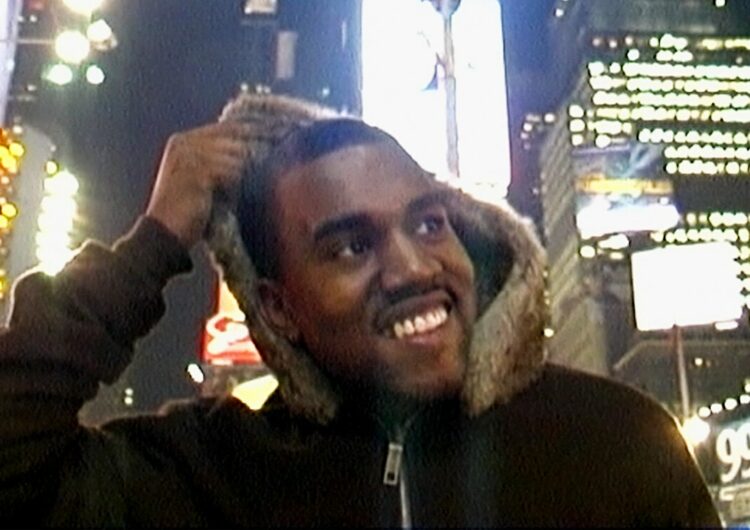













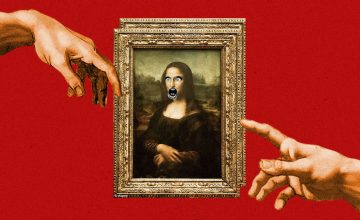

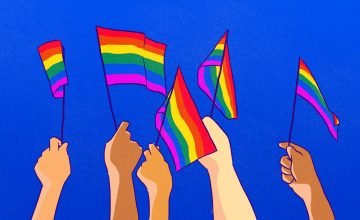






Comments